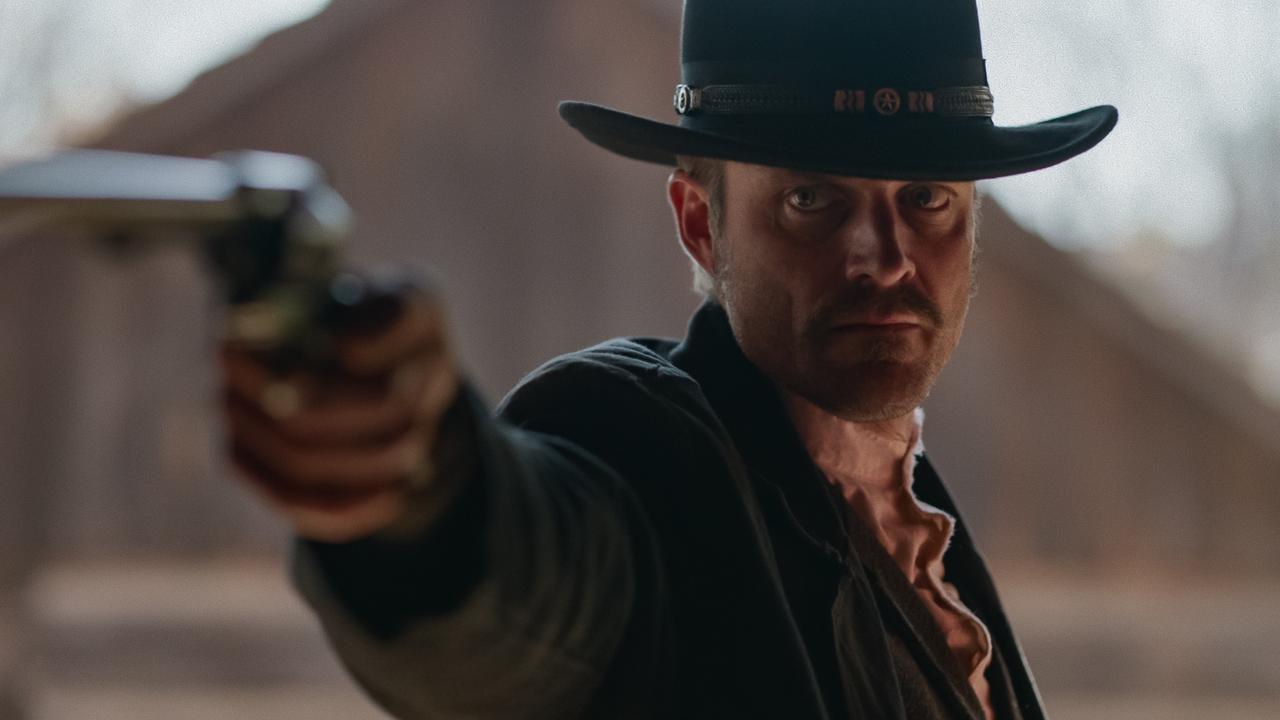Indulging Russia is a lamentable flaw
Who wants to give Vladimir Putin the benefit of the doubt? This book, apparently.
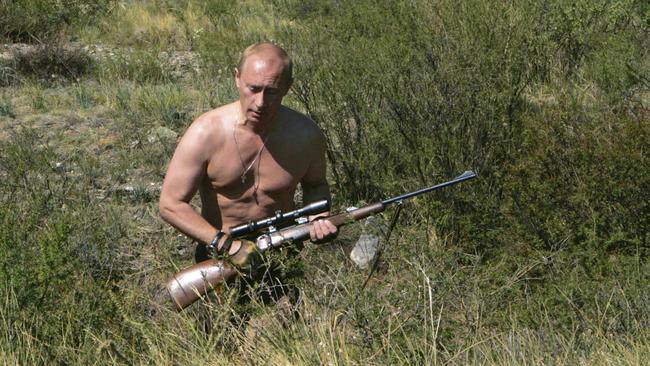
Many millions of words have been written about the Russian leader. Philip Short adds another 300,000 in an exhaustively researched tome that plots Vladimir Putin’s path from the backstreets of 1970s Soviet Leningrad to the instigation of today’s catastrophic war in Ukraine.
The author served as a BBC correspondent in Moscow in the mid-1970s and since then has turned to writing biographies, perhaps the best known being an acclaimed and insightful account of François Mitterrand’s life. His Putin book draws on interviews with “Western heads of state and government, ministers, senior advisers and ambassadors who dealt with Putin as part of their official duties; Russians who worked with him in St Petersburg and in the Kremlin; former heads of Western secret services, intelligence analysts and officers under diplomatic cover in Moscow; Russian academics, analysts, journalists and politicians; and bankers and businessmen who interacted either with Putin himself or [with] members of his inner circle.”
That sounds promising, but having dealings with Putin is one thing. Knowing him is another. Real insiders don’t talk. Secrets, still, abound.
Take, for example, Putin’s KGB career in the 1980s: was he just a second-rate functionary in the Dresden backwater or did he also liaise with Arab and other terrorists sheltered by the communist authorities in East Germany? What were his ties with the Soviet-era mafia crime gangs in Leningrad? These groups had a symbiotic relationship with the KGB. Mystery also surrounds his later role in running the foreign relations of Russia’s second city, the renamed St Petersburg, in the early 1990s, when business, public administration and organised crime overlapped and ex-KGB types prospered mightily.
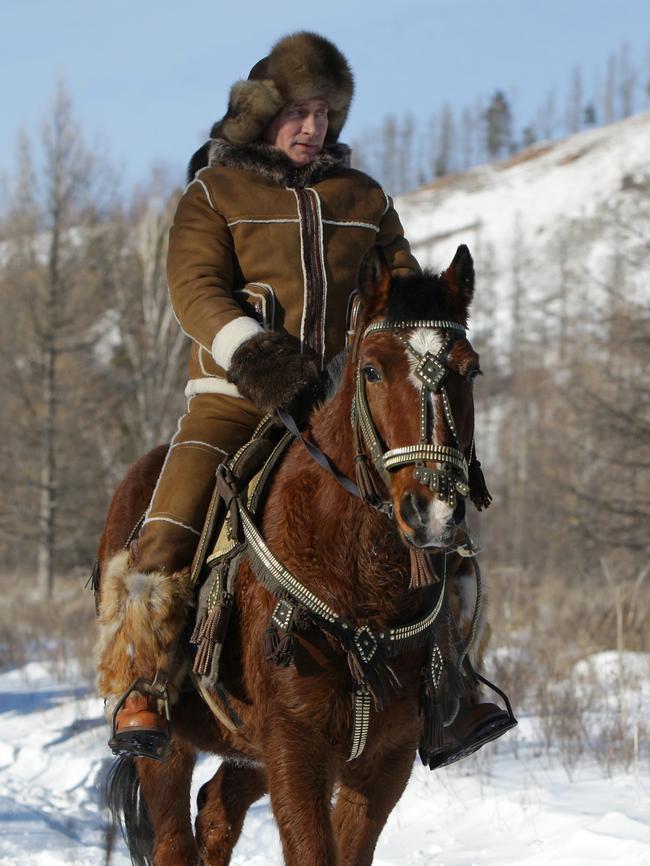
Perhaps the biggest question concerns the terrorist outrages that convulsed Russia in late 1999, giving Putin the chance to talk tough, start a war, seize the limelight and become the country’s most popular politician in a matter of weeks. Were those bombings, which killed more than 300 people, really the work of Chechen separatists or were they staged by shadowy forces as part of what was in effect a putsch?
The book starts with Short’s forthright dismissal of this conspiracy theory. Any such stunt would have leaked. It didn’t (he asserts). So, he avers, it didn’t happen. The botched bombing in Ryazan, whose perpetrators, caught red-handed, turned out to be officials of the FSB security service, was a training exercise, just as the authorities claimed, he insists.
More experienced Russia-watchers will find their eyebrows well exercised at this and other sweeping dismissals of well-founded suspicions about Putin. Short is particularly unimpressed by speculation about Putin’s ties to dirty money. The tangled tale of the St Petersburg Real Estate Holding Company, a Germany-listed property company that attracted intense interest from Western criminal justice and intelligence agencies for its curious practices, gets only a paragraph. Putin’s murky ties to Spain are dismissed in a footnote. Gennady Timchenko, perhaps the most influential of his ex-KGB tycoon pals, merits only a single mention. Putin’s reputedly rumbustious socialising in Finland in the 1990s gains only a tantalising reference.
A fine wordsmith, Short enjoys stretching his reader’s vocabulary. If you have not previously encountered words such as “edulcorated”, “joco-serious” and “arsy-versy”, this book is your chance to see them used. And as a chronicle of Putin’s public doings, the book is near faultless. It also includes some sharply worded insights, including into his abominable lateness. “He kept people waiting unless there was an important reason to be punctual … being on time brought no benefit and required effort which he could expend elsewhere.”
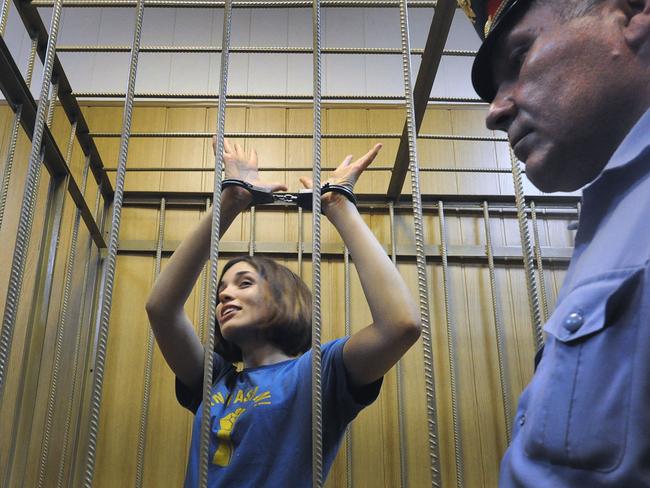
Putin’s rise to power stems from his ability to make himself indispensable to his bosses, “discreetly positioning himself so that if an opening arose, he was the obvious, indeed the only choice, to fill it”. The book also reminds the reader that Putin has changed: the unpretentious, witty fellow that interlocutors remember from past decades sits oddly with the puffy-faced, ranting figure we see today.
Short’s pushback against lazy, convenient myth-making (he’s mad, he’s ill, he’s just a crook) is refreshing. However much we may loathe or fear the Russian leader, it is worth remembering that he is not a cartoon character but a real person.
Short confidently disparages other books on modern Russia, including Catherine Belton’s Putin’s People, Karen Dawisha’s Putin’s Kleptocracy, Masha Gessen’s The Man Without A Face; and the definitive Operative in the Kremlin by Fiona Hill and Clifford Gaddy. These mostly put the case for the prosecution, he says, but that does not mean that the case for the defence deserves equal weight. Short’s search for balance makes him oddly incurious about the darkest side of Putin’s life. Worse, he draws false equivalences: between Putin and his critics, and more fundamentally between Russia and its justifiably nervous neighbours.
Some criticism of the West’s approach to Russia is justified. Short is right to highlight the Bush administration’s needlessly cavalier treatment of Russia over nuclear arms control. Yet he underplays the innate anti-Westernism and latent imperialism of the Russian political and security establishment. His criticism of Nato expansion runs like a sour rivulet through the book – “fateful”, Short terms it, seeing it as the source of estrangement and ultimately conflict between Russia and the West. He gives much weight to Putin’s professed feeling of betrayal and Russian fears of encirclement.
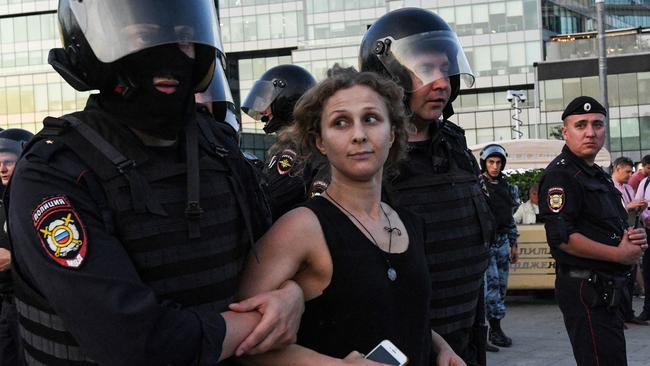
But his account is anachronistic. When the alliance enlarged, Nato bent over backwards to be friendly to Russia and did almost nothing to protect its new members. The Kremlin, at the time, made little or no fuss. Short dismisses the notably friendly atmosphere around the Nato-Russia declaration, issued in Rome in 2002, as “theatrics”. Those who attended that meeting would not agree. Nato’s military infrastructure, contrary to Short’s assertion, did not “arrive at Russia’s borders” in 2008. Indeed, the frontline states are still waiting for it today.
The fundamental problem in East-West relations, Short contends, is that “America believes its role is to lead, and Russia refuses to be led”. That was perhaps true in the heady days of a supposedly unipolar world, but US-Russia ties were quite warm then. Now, with a rising China and one Trump presidency behind us (and who knows what ahead), the analysis looks badly out of date.
Short is particularly tone-deaf when it comes to Russia’s former colonies. A prescient speech in 1994 by Estonia’s president, Lennart Meri, at a dinner in Hamburg, where he warned of Kremlin imperialism and prompted Putin to lead a Russian walkout in protest, is treated snidely. But the Estonians were right.
Small but annoying errors detract further from the book’s authority. Yukos, the energy giant looted by Putin in an act of revenge against its founder, Mikhail Khodorkovsky, was not well run in the 1990s. It cleaned up its act only after 1998. The Georgian region of Adjara was run by a nutcase bandit, but it was not a “breakaway province”. Condoleezza Rice, President George W Bush’s security adviser, has notoriously shaky spoken Russian, but it is contentious and gossipy to blame her for the disastrously half-baked outcome of the Bucharest Nato summit in 2008, which gave empty promises to Ukraine and Georgia of eventual membership, because of her alleged inability to follow discussions. More gravely, Short uses “Russian” far too loosely: ethnic Russians, citizens of the Russian Federation and anyone from the Soviet Union are different categories. Putin elides them. We should not.
The book ends on a patronising, inaccurate and revealingly glib note. “An unimaginably vast country, suspended across the top of the world between Europe and Asia, [Russia’s] history is profoundly different from that of its European cousins, yet its people are formed in exactly the same mould.” He continues: “Russians not only look like Europeans, they are Europeans and are expected to behave as the rest of the family does. Unaccountably, stubbornly, they refuse to do so. That will not soon change.”
Really? The idea of a “mould” that produces Identikit Europeans (Greeks, Finns, Bosnians and Britons), let alone Russia’s numerous and far-flung ethnic minorities, is nonsense. Far from setting unreasonable expectations, outsiders have been lamentably indulgent towards Russia, and Putin. This author, sadly, is one of them.
Putin: His Life and Times

